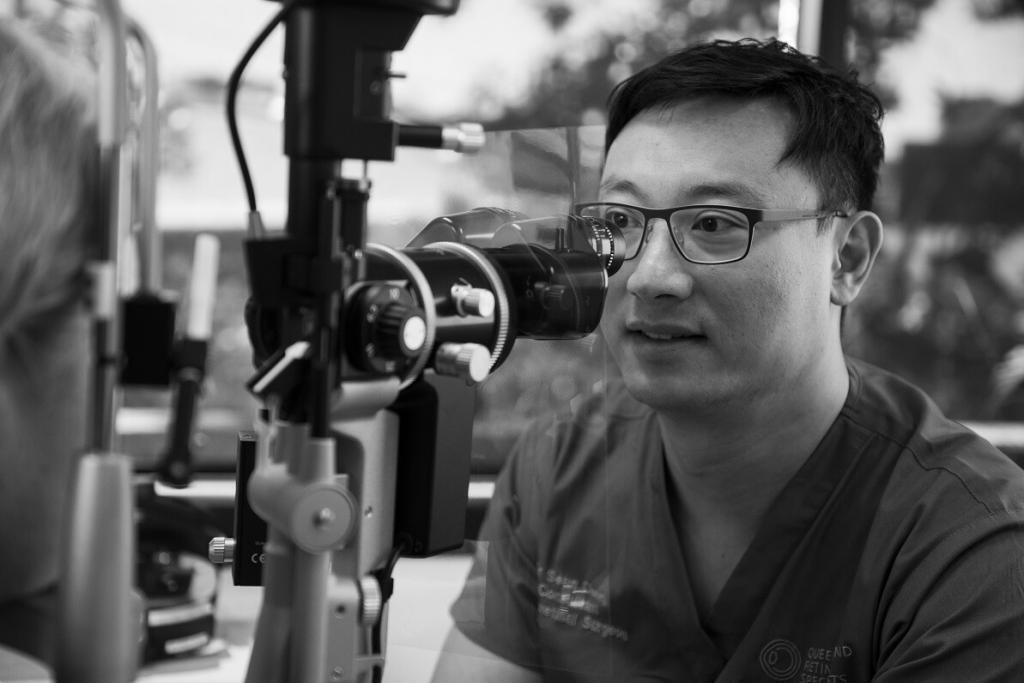What is Complex Cataracts?
The human eye works like a camera, where rays of light travel through a lens and converge and focus to represent an image on the camera film. To capture a clear image, one needs to ensure the lens stays clear.
Similarly, our eye also has a clear tissue that acts like the lens of a camera. It is normally clear; however, as we age, fibres in the previously clear lens become opaque. This distorts and reduces the light that passes through it, resulting in cloudy vision. This opacified milky lens is known as a cataract.

Symptoms & Reasons
Symptoms
When a patient develops cataract, the following symptoms may occur:
- Blurry, foggy and generally reduced clarity in vision
- Excessive sensitivity to bright light and glare
- Difficult with night driving – halos around head lights
- Ghosting and double vision
Reasons for Complexity
Common reasons for complex cataract surgery include:
- Particularly dense or hard cataracts
- Subluxed or dislocated lens due to poor support by the zonular fibres
- ‘Dropped’ lens or lens fragment due to inadvertent intraoperative rupture of the supporting capsular bag
- Malpositioned intraocular lens
- Traumatic cataract from an eye injury
Book a QERS Consultation
Treatment
Complex Cataract Surgery
Any required surgery can only be performed by an Ophthalmologist. This occurs in a day hospital setting and requires local anaesthesia with sedation. During surgery, your cloudy lens is removed and is replaced with a new permanent artificial lens implant inside your eye, called an intraocular lens (IOL). This IOL is placed in a supporting capsular bag that is held in position by zonular fibres which are positioned like trampoline springs.
Cataract surgery is the most common eye surgery performed in Australia and has a high success rate. If the eye is otherwise healthy, great vision can be expected after the surgery; however, in some cases, cataract surgery is not so straight forward.
Your Journey
At Queensland Eye & Retina Specialists, our clinician will use latest state of the art precision equipment to examine your eye. Our specialist surgeon will then discuss an individualised treatment plan for your best visual outcome.
As with all surgery, there are some risks involved which will be discussed with you at your consultation.
More Information
For more information on complex cataracts, head to one of the links below
